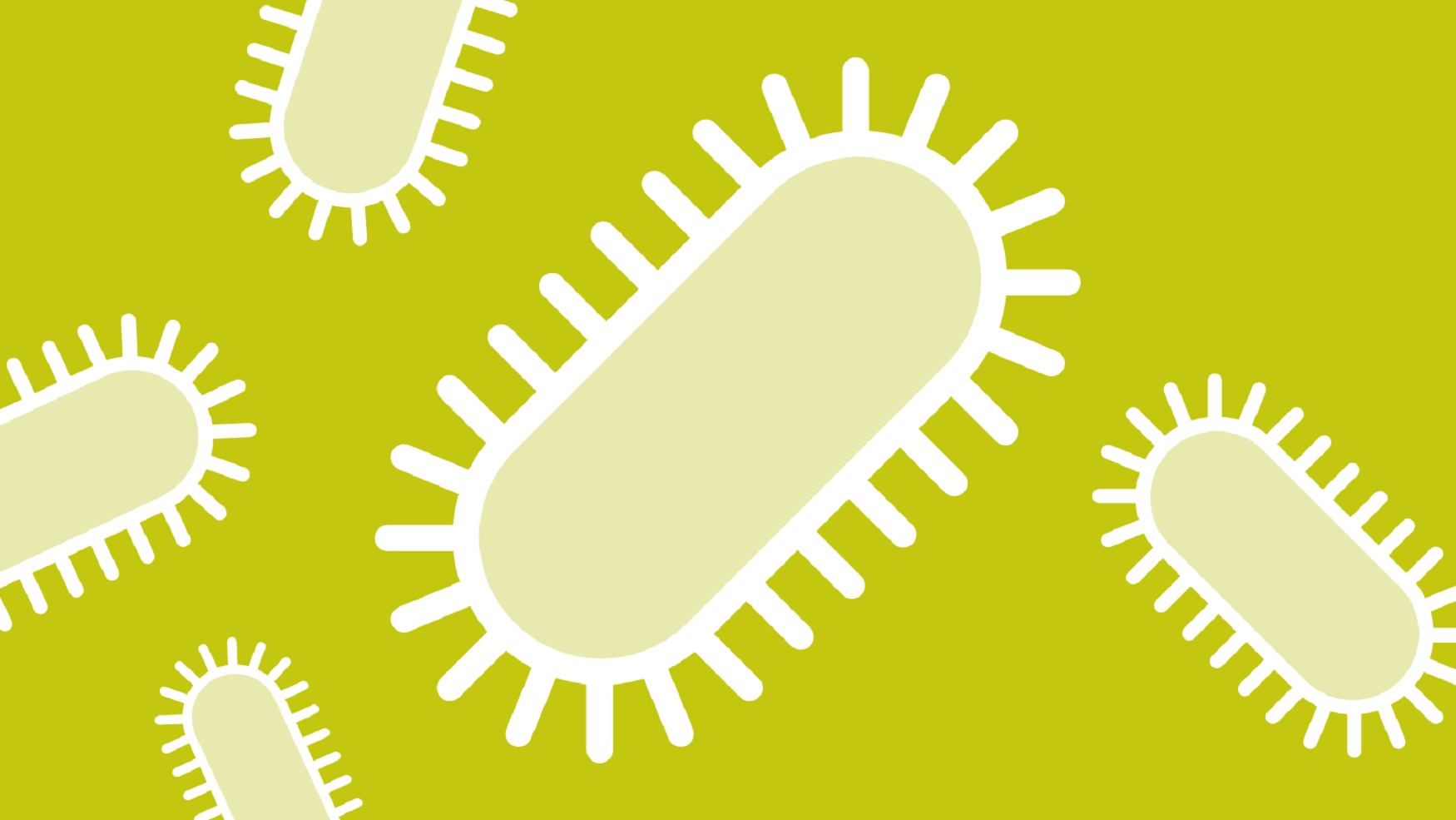An introduction
How important of a problem is microbial resistance really? Find out more…


Health and welfare are at the core of everything we do as a company, providing solutions that make a difference in the health of animals, as well as society, by preventing or replacing the need for antimicrobials. Helping to make sure that animals are raised with optimal nutrition and good welfare is essential for Feeding the Future.
We will also ensure good animal welfare wherever we have animals in our supply chain, by working with the most locally relevant certification bodies for animal well-being.
Since 80% of global antibiotic usage takes place in the livestock production sector, Trouw Nutrition has a very important role to play in helping to promote animal health, without prophylactic use of antibiotics. We offer nutritional solutions with our feed additives that allow protein farmers to reduce their dependency on medication.
Over the last five years, we have had multiple experiences with strategic clients that have proven a holistic approach, including husbandry best practices and feed and water additives, can successfully reduce antibiotic usage and result in protein products “never-ever” being exposed to antibiotics. The technology currently exists to make this possible, and during the next five years, Nutreco will employ its expertise to address this major challenge to future generations.
Trouw Nutrition adheres to Nutreco’s AMR policy, which centres around a five-step approach. We will engage and demonstrate our level of commitment in the following five categories:
In addition to these five categories of action, Trouw Nutrition will expand its expert services to customers that want to implement a “never ever” protein product production offer.
How important of a problem is microbial resistance really? Find out more…

The World Health Organization predicts that, by 2050, more people will die of antibiotic-resistant bacterial infections than of cancer (the leading cause of death today).